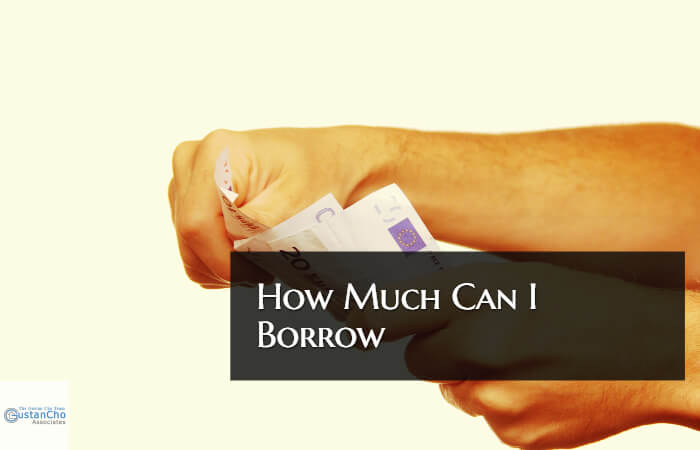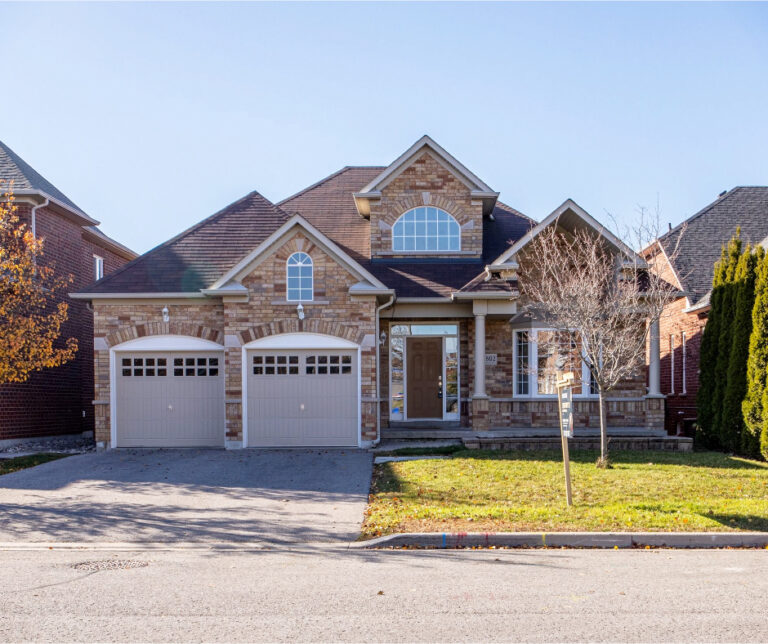What Are Hard Money Loans

This guide covers what are hard money loans and how it works. We will also discuss how hard money loans work and the types of borrowers who benefit from using hard money loans. Hard money loans are quick, high-interest loans for investment properties. Hard money loans are not for investors with bad credit. Good credit and high net worth real estate investors rather use hard money loans versus traditional commercial loans due to less paperwork and the speed to close.
Hard money loans are short-term loan programs secured by real estate or other tangible collateral. Hard money lenders are more concerned with the collateral than the borrower’s credit scores, credit, and income profile.
Hard money lenders, who are real estate lenders, normally will lend between 50% to 75% of the loan to the value of the subject property. Real estate hard money lenders normally charge upfront points and offer borrowers short-term interest-only loans. Mortgage interest rates on hard money loans can range from 5% to 15% interest rate.
Conforming Versus Hard Money Loans
The basics of hard money financing. Most borrowers who do not qualify for regular conventional loans will seek the services of hard money lenders. Hard money loans are not for everyone.
The hard money lender will lend on the assumption that they will take your collateral and that your default rate will be high. Most hard money lenders have no mercy and only care about getting their money back along with the interest.
Most hard money lenders will lend short-term, such as a one-year to a three-year term. The term of loans is normally interest only, and the balance will be due at the end of the loan. Real estate investors can shop for mortgage rates on hard money loans. Not all lenders have the same rates on hard money loans.
Hard Money Loans Versus Non-QM Mortgages
Private or Alternative Lending is the following. Hard Money Financing. Subprime & Non-QM Loans. Alternative Lending For Real Estate Investors. All the above three loan programs are portfolio loans that most banks and traditional commercial mortgage banks do not want to take on. Most hard money lenders do not want to lend on residential owner-occupant homes.
Differences Between Owner-Occupant Versus Investment Property Loans
Here are the differences between residential owner-occupant properties and investment property loans. If borrowers default, foreclosing on residential owner-occupant homes is much more difficult than investment properties.
RESPA and mortgage regulations apply to owner-occupant homes. Non-traditional mortgages, NON-QM loans, are a great form of alternative financing for owner-occupant homebuyers who cannot qualify for traditional conforming home loans.
There is no waiting period after bankruptcy, deed-in-lieu of foreclosure, foreclosure, or short sale. Bank statement loan program. No doc fix and flip loans for real estate investors.
Hard Money Loans For Investment Properties
What are the benefits of hard money loans for non-owner occupant properties? Hard money loans are a great tool for savvy real estate investors. Real estate investors need temporary funding that a bank or mortgage banker cannot give due to the borrower’s property condition or credit profile. Hard money loans are not just for borrowers with credit issues. Many real estate investors prefer hard money financing due to being streamlined with much less paperwork and quick 2 to 3-week closings.
Typical Investor Who Benefits From Hard Money Loans
Below is a typical hard money case scenario. For example, let us take a case scenario where hard money loans will be a great tool for a hard money loan borrower. Say Jack Smith sees a foreclosure coming up at a sheriff’s sale and thinks he can purchase it for $50,000. The property will need $10,000 worth of work, and he feels he can sell it for $100,000 after remodeling it. Jack Smith cannot qualify for conventional or other traditional mortgage loans due to being self-employed and not declaring all of his income on his tax returns. But does have over $35,000 in cash—actual mattress money and not in the bank.
Types of Investors Using Hard Money Loans
Jack Smith contacts a hard money lender. The lender will charge him an 8% origination fee and a 15% interest-only loan for one year for any sheriff’s sale property purchase. This holds true as long as he can save 40% of his money. Jack Smith puts down $20,000; the hard money gives him $30,000.
Jack Smith buys the house. Jack Smith pays the hard money lender an additional $5,000 in fees. Jack Smith starts renovations and sells the home in six months for $100,000. In this simplified case scenario,
Jack Smith made some great money by getting his financing from a hard money lender. No other lender would have given him the money except the hard money lender. Although his costs and fees were extremely high, he came out ahead. On the flip side, if Jack Smith could not have sold the property for a profit and ran out of money, the hard money lender would have foreclosed on the home.
Hard Money Loans For Bridge Financing
 Bridge loans used to be very popular before the 2008 real estate and credit meltdown, and most banks offered bridge loans for commercial real estate investors and borrowers. Unfortunately, most banks eliminated bridge financing programs.
Bridge loans used to be very popular before the 2008 real estate and credit meltdown, and most banks offered bridge loans for commercial real estate investors and borrowers. Unfortunately, most banks eliminated bridge financing programs.
For real estate investors needing temporary financing and a bridge loan, hard money lenders can be an excellent option. Remember that hard money loans are very costly and, if used correctly, can benefit those with no other funding source.
Borrowers who need more information on hard money and non-QM loans, please get in touch with us at Gustan Cho Associates Mortgage Group at 800-900-8569 or text us for a faster response. Or email us at gcho@gustancho.com. This BLOG On What Are Hard Money Loans Was UPDATED On September 9th, 2023






